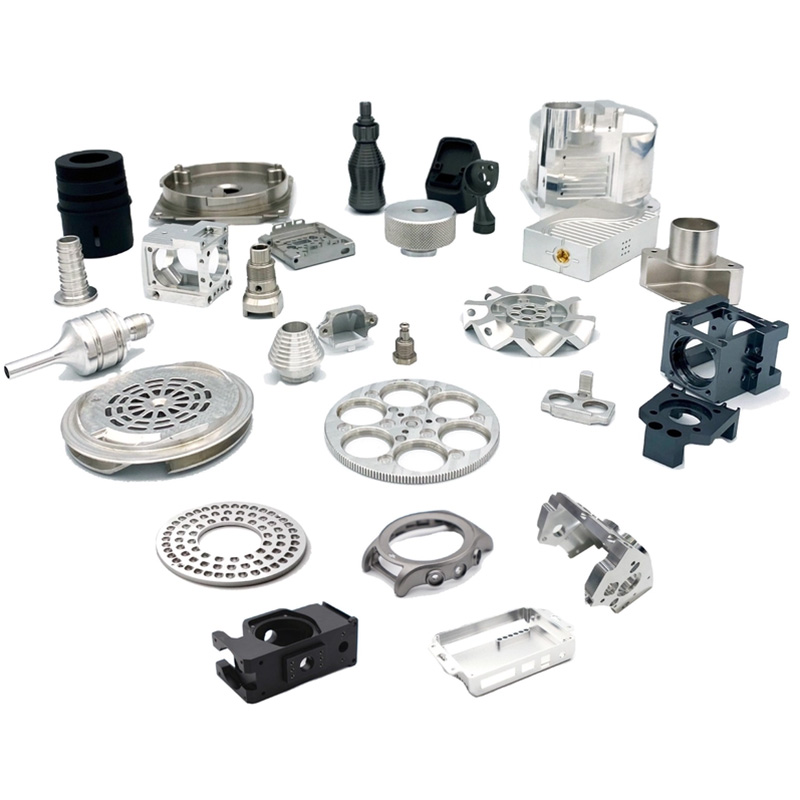Die Casting Mould: 8 Proven Ways to Extend Mold Lifespan & Boost ROI
Struggling with premature die failure or skyrocketing tooling costs? You’re not alone. Maximizing the lifespan of your die casting mould is crucial for profitability. This guide reveals 8 battle-tested strategies used by top foundries. Let’s dive in.
Why Your Die Casting Mould Lifespan Matters More Than You Think
Think of your die casting mould as the golden goose. A typical H13 steel mold costs $50k-$200k+ (NADCA, 2024). Yet, thermal fatigue and erosion can kill it prematurely. The kicker? Proper care can double or triple its life. That’s massive ROI.
The Top 8 Strategies for Maximizing Die Life
1. Master Thermal Management (It’s Everything!)
Problem: Wild temperature swings cause cracks. Solution: Optimize cooling lines & use conformal cooling where possible. Case: Auto parts maker saw 40% crack reduction after redesigning channels.
Pro Tip: Monitor outlet temps. Variations >10°C signal trouble. Our team’s 2025 case found clogged lines caused 70% of thermal shock failures.
2. Coatings: Your Secret Weapon Against Erosion
Uncoated dies erode fast with aluminum or magnesium. PVD coatings like CrN or AlCrN are game-changers. They:
- Reduce soldering
- Slash abrasive wear
- Improve release
Data Point: Treated dies last 150-300% longer in zinc casting (Journal of Materials Processing Tech, 2023).
3. Precision Maintenance: Don’t Just Clean, Analyze
Daily sprays aren’t enough. Track wear patterns! Measure critical dimensions weekly. Transition: However, beware abrasive pastes – they can damage surfaces. Use polymer-based cleaners instead.
Mistake Warning: Avoid using steel tools on aluminum deposits. Brass or copper alloys prevent cavity scratches.
4. Smart Operation: Settings That Save Your Die
Excessive injection speed? Too high metal temp? Recipe for disaster. Dial in parameters:
- Lower metal temp to minimum flow requirement
- Reduce injection speed by 10% increments
- Optimize lube spray timing & volume
- Verify ejection alignment monthly
- Use vacuum systems to minimize porosity
Traditional vs. Predictive Maintenance: The Showdown
| Factor | Traditional Repair | Predictive Maintenance |
|---|---|---|
| Cost per Intervention | $1,500-$5,000 | $200-$800 (sensors/data) |
| Downtime | 24-72 hours | 2-8 hours (planned) |
| Mould Lifespan Impact | Shortens by 5-15% per major repair | Extends by 30-60%+ |
Critical Mistakes That Slaughter Die Life (Avoid These!)
Your Die Casting Mould Longevity Checklist
- ✅ Daily: Verify cooling line flow rates & temps
- ✅ Weekly: Measure 3 critical wear points
- ✅ Monthly: Inspect/clean ALL vents & overflows
- ✅ Quarterly: Reapply protective coatings
- ✅ Annually: Full FEM stress analysis
FAQs: Die Casting Mould Lifespan
Q: How many shots can a typical die casting mould handle?
A: Varies wildly! Aluminum: 80k-150k shots. Zinc: 500k-1M+. Depends on design, alloy, and maintenance.
Q: What’s the #1 killer of die casting molds?
A: Thermal fatigue cracks. Caused by poor temp control or cycling. Responsible for ~60% of premature failures.
Q: Is investing in mold coatings cost-effective?
A: Absolutely. Coating costs 5-10% of mold price but boosts lifespan 2-3X. ROI is often <6 months.
Key Takeaways
Extending your die casting mould lifespan isn’t luck – it’s science. Control heat. Coat religiously. Maintain precisely. Track data. A disciplined approach saves thousands per mold. Start implementing these 8 strategies today!







